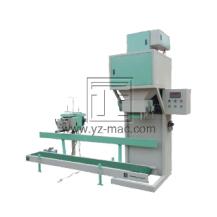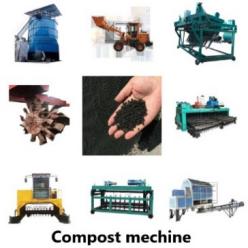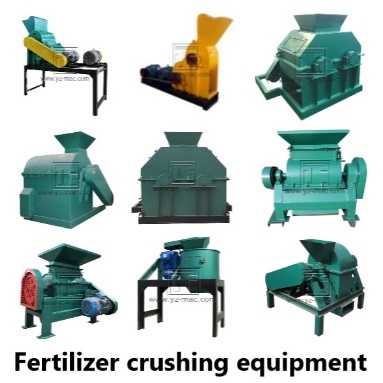Commercial composting systems
Commercial composting systems are comprehensive and efficient solutions for managing organic waste on a larger scale. These systems provide a controlled environment for the composting process, ensuring optimal conditions for decomposition and the production of high-quality compost. Let’s explore the key components and benefits of commercial composting systems.
1.Composting Vessels or Tunnels:
Commercial composting systems often employ specialized vessels or tunnels to contain and manage the composting process. These vessels provide a controlled environment for composting, allowing for efficient decomposition of organic materials. The design of these vessels ensures proper aeration, moisture retention, and temperature control, facilitating faster and more effective composting.
2.Mechanical Turning Equipment:
Many commercial composting systems incorporate mechanical turning equipment to aerate and mix the composting materials. These turning systems help to break up compacted material, improve oxygen flow, and distribute moisture evenly throughout the compost piles. Mechanical turning enhances the composting process by increasing microbial activity and accelerating decomposition.
3.Monitoring and Control Systems:
Commercial composting systems often feature monitoring and control systems to track and regulate important parameters. These systems monitor factors such as temperature, moisture levels, oxygen levels, and pH, providing real-time data for effective management of the composting process. Monitoring and control systems enable operators to make necessary adjustments to maintain optimal conditions and ensure the quality and efficiency of compost production.
4.Odor Control Measures:
To mitigate potential odor issues, commercial composting systems employ various odor control measures. These may include biofilters, activated carbon filters, or advanced ventilation systems to capture and treat odorous gases generated during composting. Proper odor control helps maintain a favorable working environment and minimize any potential negative impacts on nearby communities.
5.Leachate Management:
Commercial composting systems incorporate leachate management strategies to handle any liquid runoff produced during the composting process. Leachate collection systems capture excess moisture and prevent it from contaminating surrounding soil or water sources. Proper leachate management is essential for maintaining environmental compliance and preventing pollution.
6.Maturation and Screening:
Once the composting process is complete, commercial composting systems often include maturation and screening components. The compost is allowed to mature and stabilize further, ensuring the breakdown of any remaining organic matter. Screening equipment removes any oversized or unwanted materials from the finished compost, resulting in a high-quality end product.
Benefits of Commercial Composting Systems:
-Efficient processing of large volumes of organic waste
-Diversion of waste from landfills, reducing greenhouse gas emissions
-Production of high-quality compost for various applications
-Reduction of reliance on chemical fertilizers, promoting sustainable agriculture
-Minimization of environmental pollution and soil degradation
-Contribution to the circular economy by converting waste into a valuable resource
Commercial composting systems offer an integrated approach to managing organic waste on a commercial scale. These systems combine technology, monitoring, and control measures to optimize the composting process, resulting in efficient waste management and the production of high-quality compost. By implementing commercial composting systems, businesses and organizations can embrace sustainable practices and contribute to a greener future.








